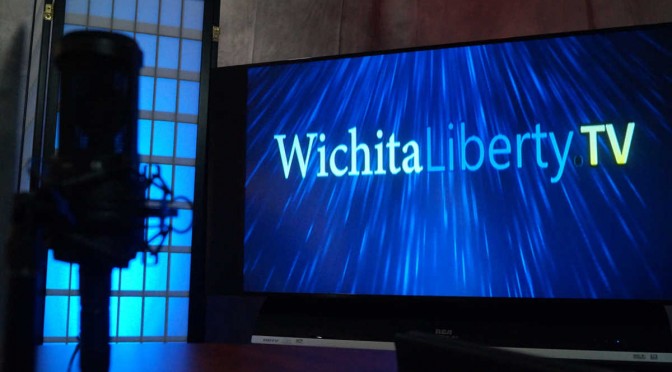Tag: Cronyism
-

In Sedgwick County, special interest politics on display
Campaign finance reports reveal special interest groups working to elect candidates. Their efforts to mold a candidate’s thinking appear to be working.
-

A look at a David Dennis campaign finance report
It’s interesting to look at campaign finance reports. Following, a few highlights on a report from David Dennis, a candidate for Sedgwick County Commission.
-

WichitaLiberty.TV: Confusion about corruption in Wichita, regulation in Wichita, and the lowly pencil
Citizen activists were concerned about unleashing a corrupting influence in Wichita City Hall, but they didn’t know it’s already there. Then, the regulatory landscape in Wichita. Finally, what can a pencil teach us about how the world works?
-

In Wichita, more sales tax hypocrisy
Another Wichita company that paid to persuade you to vote for higher taxes now seeks to avoid paying those taxes.
-

Kansas economic development programs
Explaining common economic development programs in Kansas.
-

Sales tax revenue and the Kansas highway fund
The effect of a proposed bill to end transfer of Kansas sales tax revenue to the highway fund is distorted by promoters of taxation and spending.
-

Small and weak government?
Do corporations prefer the marketplace or a large and powerful government?
-

Kansas highway spending
An op-ed by an advocate for more highway spending in Kansas needs context and correction.
-

Tax increment financing in Kansas
In this excerpt from WichitaLiberty.TV: How does Tax Increment Financing (TIF) work in Kansas? Is is a good thing, or not?
-

Reforming economic development in Wichita
In this excerpt from WichitaLiberty.TV: Can we reform economic development in Wichita to give us the growth we need?
-

WichitaLiberty.TV: Wichita outreach, city council, and entrepreneurship
A look at Wichita community outreach and communications, rewriting city council history, and entrepreneurship.
-

Abengoa, Kansas ethanol plant operator, may seek bankruptcy
A company that has a taxpayer-guaranteed loan may be entering bankruptcy. Will taxpayers have to pay?